
Video Clips of Classroom Debates in Spanish (on Beauty) and on Greece (in English)
We wanted to share a small set of video clips we recently gathered from partner schools who this spring implemented argument-centered projects en español on authentic beauty and its relationship to cosmetics, and on the comparative value of ancient Sparta and ancient Athens as models for societies today (in English, for a social studies classroom).
These short clips can give teachers and administrators a further glimpse into argument-centered classrooms, as they engage students in debates on issues that they have researched, studied, organized their ideas about, and built arguments on.
Cosmetics & Plastic Surgery: Debating Authentic Beauty en Español
This argument-centered project, laid out in detail in a prior Debatifier post, was taken up this past semester in an Advanced Placement Spanish at James H. Bowen H.S. in Chicago, under the direction of lead teacher Patricia Holloway. Students in this clips below are debating the issue
Cosmetics and plastic surgery can increase a person’s authentic beauty.
The three students speaking in this clip are affirming that cosmetic surgeries can increase a person’s authentic beauty, do not do away with regional beauty standards, and also have a proven positive economic effect:
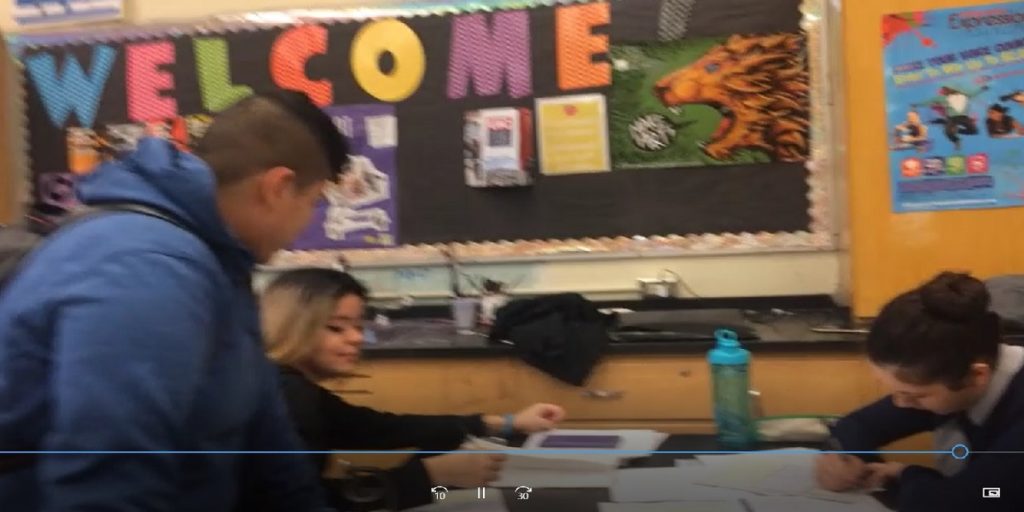
This student is refuting her opponent’s claims that cosmetic surgeries can enhance a person’s authentic beauty. In this clip, she argues that “feminine” features like big eyes and small noses are not what make a woman more or less attractive:
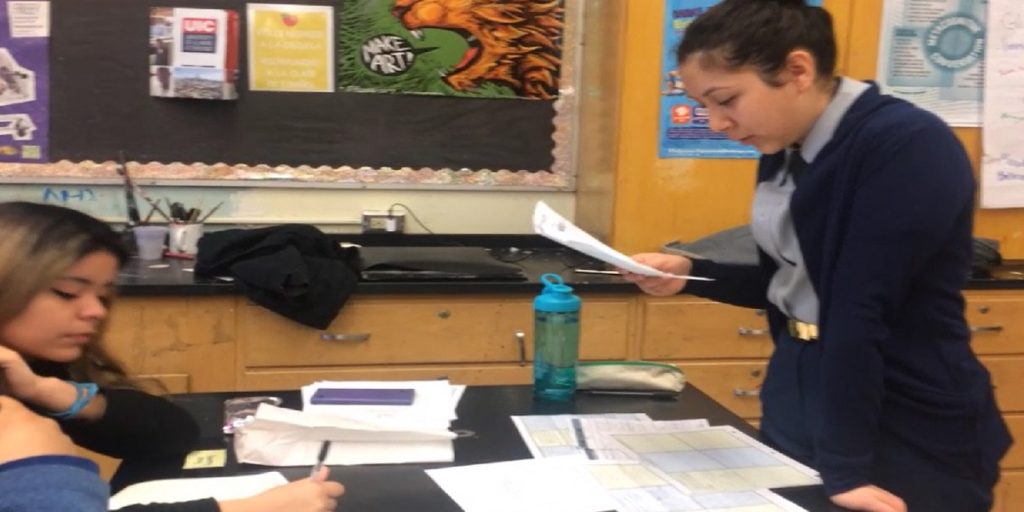
During cross-examination, this student is pointing out contradictions in her opponent’s arguments. She is highlighting how her opponents admitted earlier in the debate that some people do not look good wearing make-up, which does not add up with their main argument that cosmetics make people feel better about themselves:
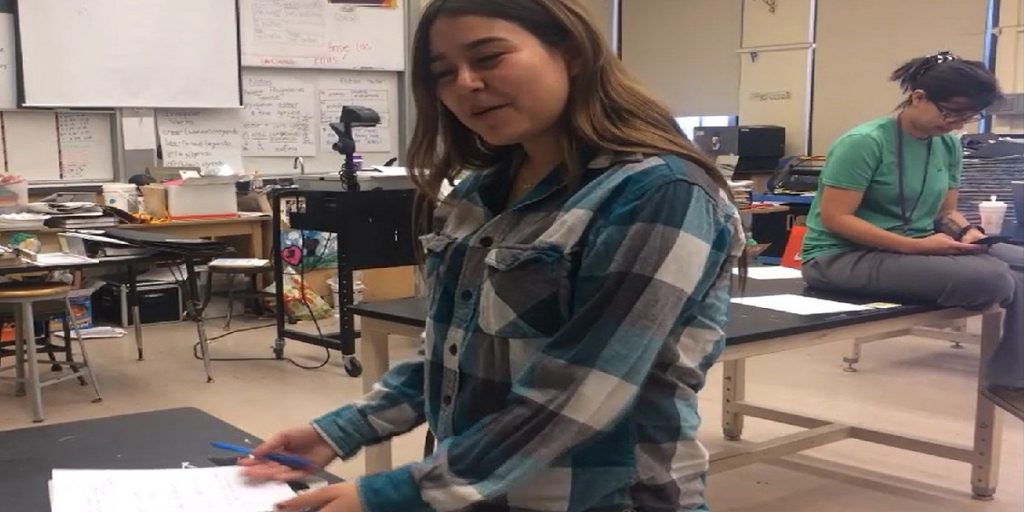
This student is pressing her opponent during cross-examination to answer whether or not cosmetics and plastic surgeries reflect an authentic form of beauty:
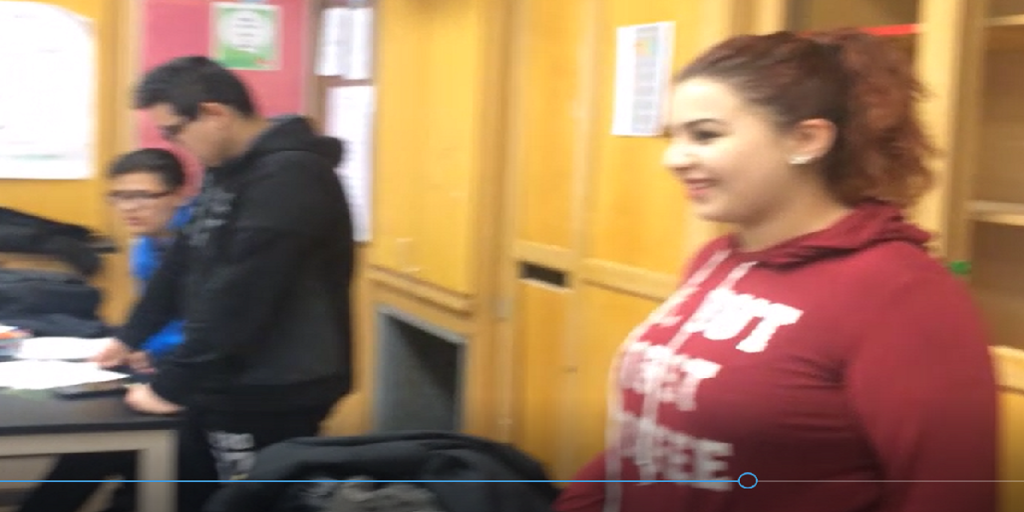
For his closing argument, this student is reaffirming his argument that cosmetic surgeries serve as a way to enhance–not remove–someone’s authentic beauty:
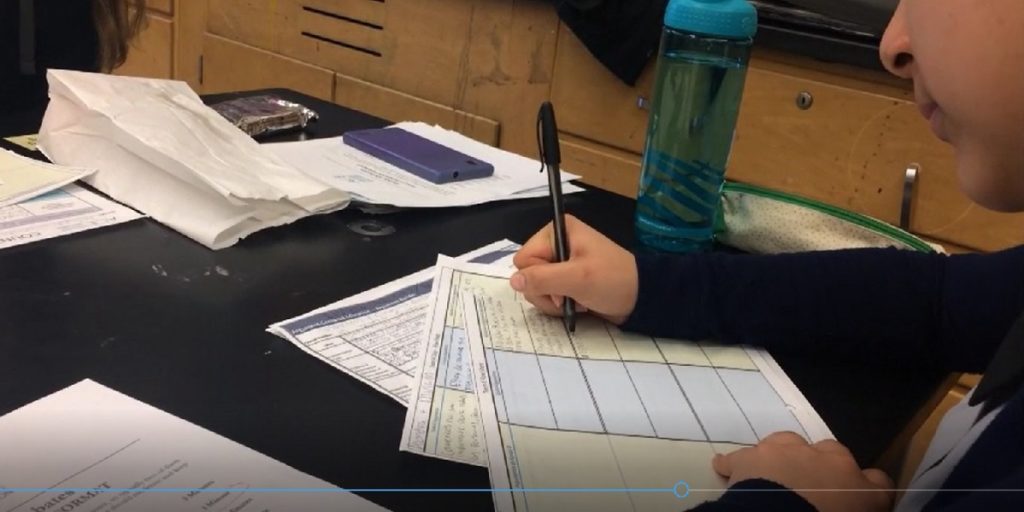
A Document-Based Debate on Ancient Greece: Was Athens or Sparta a Better Societal Model?
This is an argument-centered unit on ancient Greece, culminating in table debates that compare Athens as a city-state to Sparta. James Otis Middle School, in Chicago, recently implemented this project, under the direction of lead teacher Elizabeth Valente. Students in the short clips below are debating the issue
Which city-state, Athens or Sparta, presents us with the better model for organizing a society?
In this short clip, Ms. Valente’s expert and authoritative moderation is front and center. That role begins with firm but encouraging time-keeping and keeping-it-moving through the format. Students are presenting well-organized case arguments, where each idea about which city-state is a better model are presented separately, only the best of their ideas has been selected for presentation, and documents that were closely analyzed are used as evidence to support the argumentative claims.
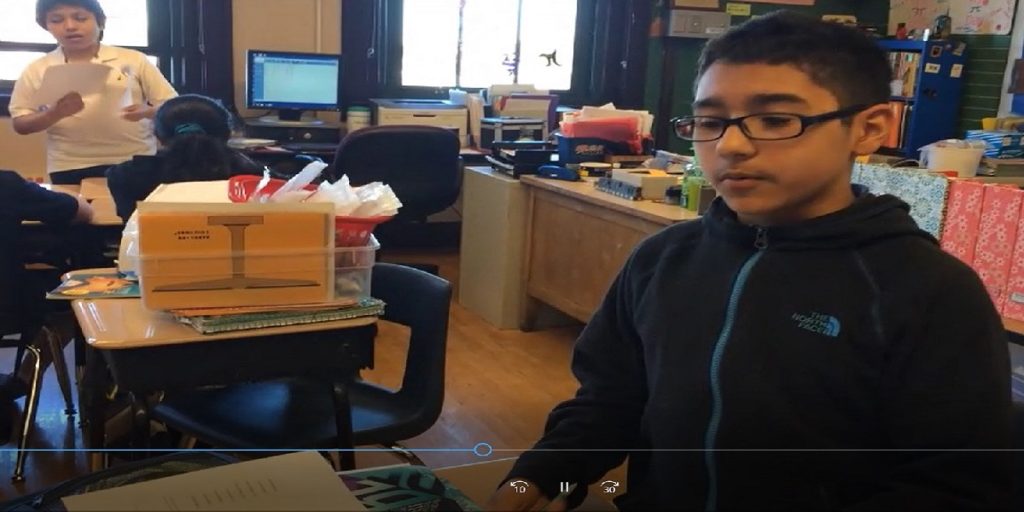
Students in these next two clips are shown refuting the other side’s case arguments. The Sparta teams are referencing the Athens teams’ arguments and responding to them individually. They are accessing the graphic organizers that they have prepared in pairs to engage with the other side’s arguments. But they are also thinking hard as they debate, on the spot, about weaknesses in the case that the other side has actually just presented. The counter-arguments shown here are both critical (finding flaws in the other side’s evidence and reasoning) and independent (supported by newly-presented evidence from the historical documents).
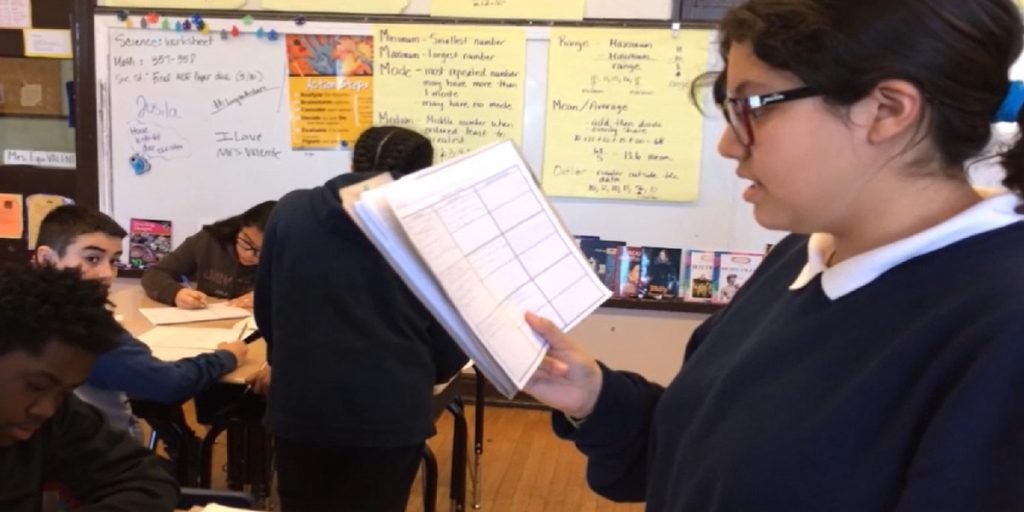
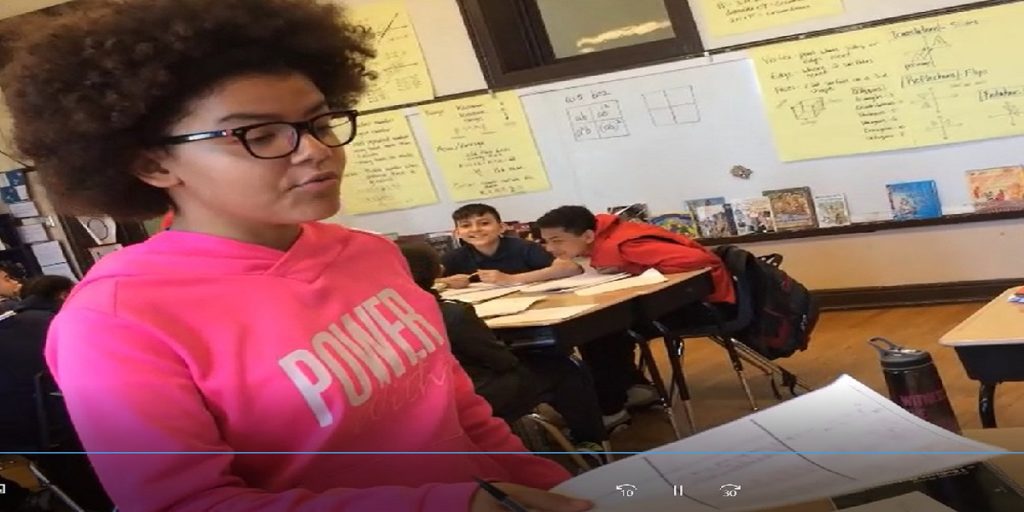
The student’s closing statement showcased in this short clip draws on an extremely well-developed flow sheet (tracking form that summarizes and records the argumentation throughout the debate). Ironically, this same student complained earlier in the unit that having to track the debate was distracting her. By the end of the unit — as this clip beautifully demonstrates — she recognized the intrinsic importance of tracking arguments. She is able to think critically about and respond to the specific argumentation of the other side, and she is able to refer back to, elaborate on, and extend her own argumentation. Students throughout the room are engaged in the very high-order process of evaluating the argumentation of each side, attempting to reconcile the contradictions throughout the debate in their favor, with as much emphasis on the important documentary evidence as possible.
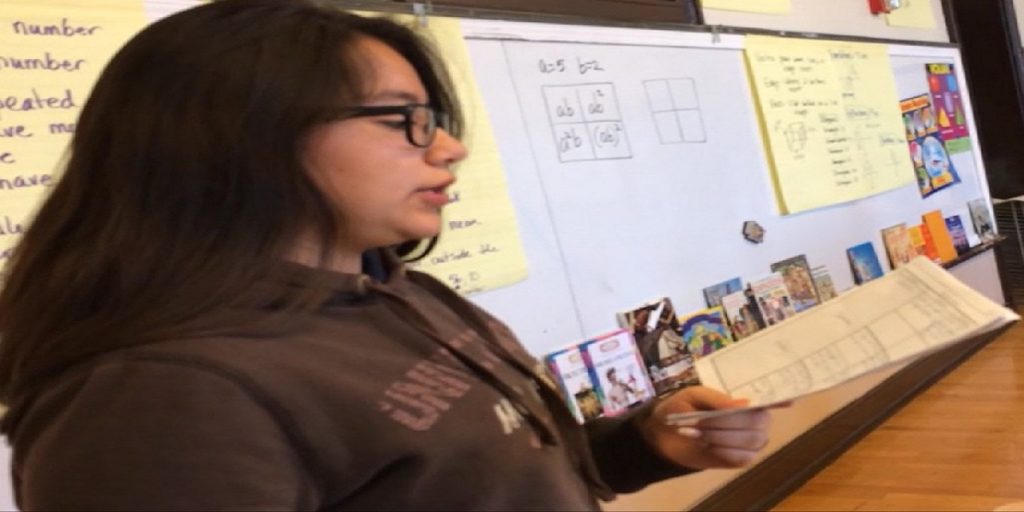
We hope that these short clips, from just two of our many, many project implementations with our fast-rising and excelling partner schools, have given you an additional glimpse into argument-centered pedagogy in action.
Feel free to leave a comment below, or contact us with comments or questions — info@argumentcenterededucation.com or 312-646-2180.

